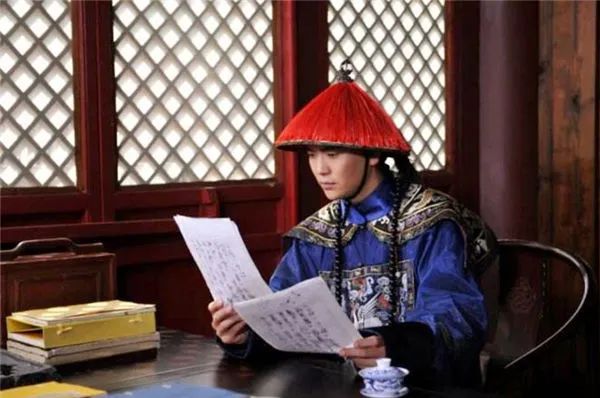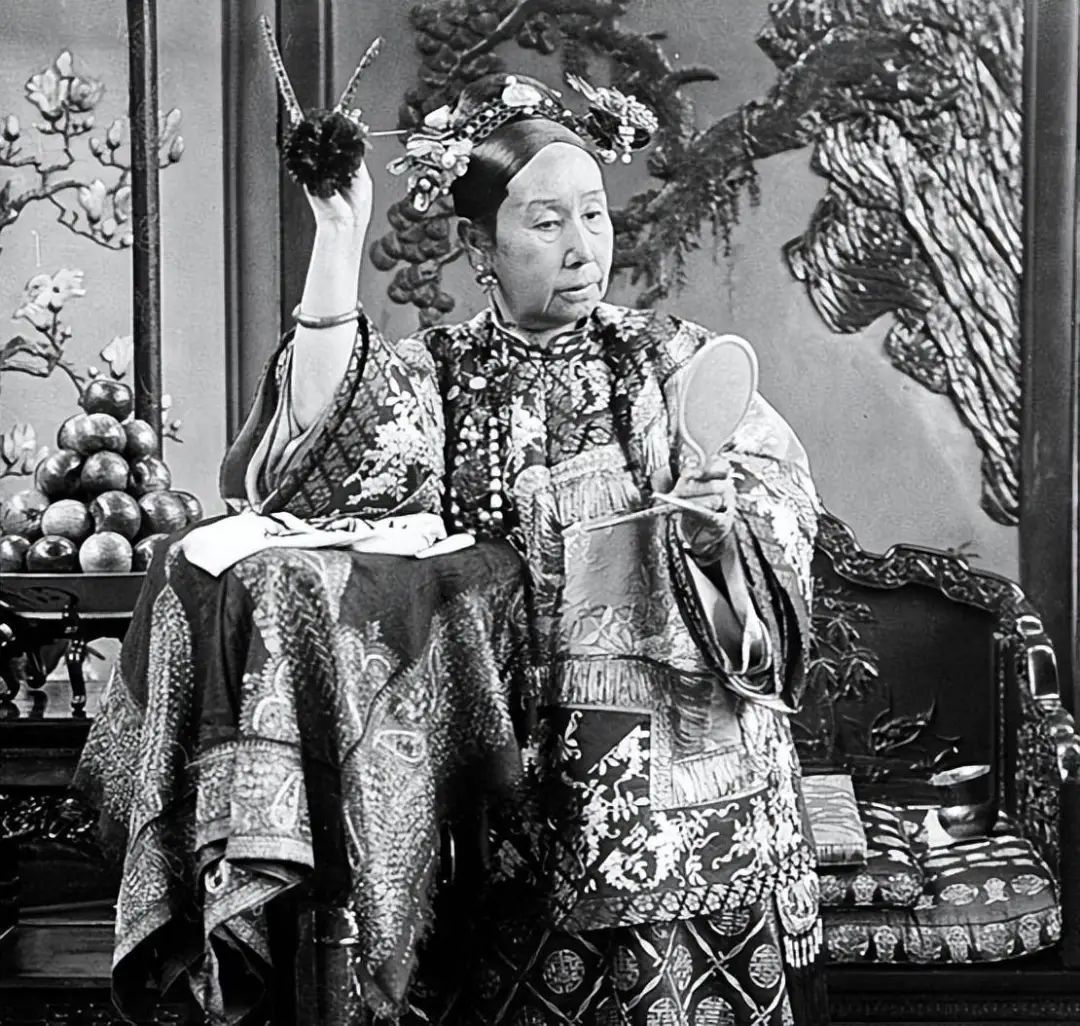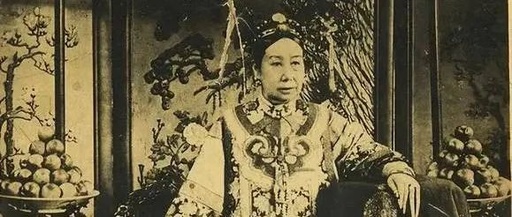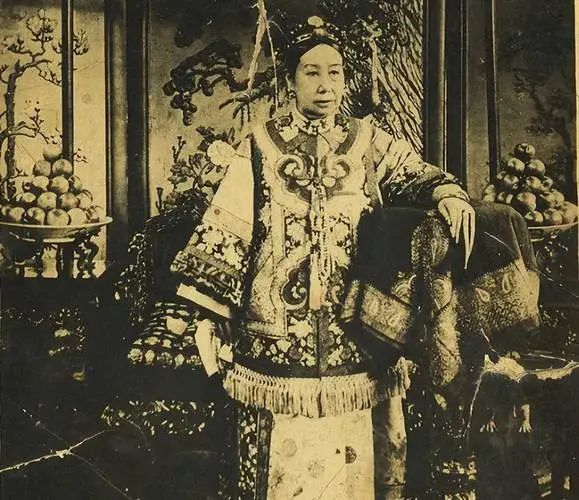In the autumn of the eighth year of Guangxu (1882), the Forbidden City seemed to have been splashed with nature’s palette, with the begonia blooming vibrantly under the eaves of the imperial pharmacy, red as fire and pink like dawn, adorning this solemn palace with a unique charm. Zhang Zhongyuan, the chief physician of the Imperial Medical Institute, hurriedly carried his medicine box as he walked briskly through the Jingren Gate. Anxious in his heart, his steps quickened, yet he failed to notice the raised blue bricks beneath his feet, and stumbled unexpectedly. As a result, several yellowed pulse records from his redwood medicine box fluttered down, and the ink-stained words “Mu Yu Tu Xu” (木郁土虚) appeared before his eyes. Little did anyone expect that these seemingly ordinary four characters would ripple through the calm waters, unveiling a court secret.
On that afternoon, sunlight streamed through the intricately carved window frames, illuminating every corner of the Shouxiu Palace. Empress Dowager Cixi reclined lazily on the cloud-dragon patterned couch, exuding an air of authority. She gently rested her white wrist on the apricot-yellow pillow, signaling the imperial physician to take her pulse. The attending physician, Xue Fuchen, cautiously extended three fingers to lightly tap the cun, guan, and chi pulse positions. In an instant, he felt an unusual pulse, like rolling beads on a tray, and was startled; this was clearly a sign of a slippery pulse! The sound of jade bracelets clinking echoed in the tent, and Cixi’s armor suddenly lifted the curtain, her voice gentle yet commanding: “Physician Xue, is my illness serious?”

“Replying to the Empress Dowager, it is merely liver qi attacking the stomach.” Xue Fuchen’s forehead instantly beaded with cold sweat; he forced himself to remain calm and wrote down the four characters “Mu Yu Tu Xu” on the pulse record. That night, as the Western self-striking clock in the Yangxin Palace struck the third watch, the entire Forbidden City was enveloped in silence, with only the Imperial Medical Institute’s lights blazing. Zhang Zhongyuan held the previous dynasty’s “Fu Qingzhu Nü Ke” (傅青主女科) and compared it word by word, his brow furrowed in deep thought. Suddenly, he discovered a brittle piece of paper hidden in the book’s pages, inscribed with vermilion ink: “For extraordinary symptoms, record them with the hidden language of the five elements; wood refers to the liver, earth refers to the spleen, and deficiency indicates insufficiency.” This discovery deepened his confusion; what exactly did this “extraordinary symptom” refer to?

When the news reached Changchun Palace, Li Lianying was bending over, combing Cixi’s hair. Cixi gazed at her well-maintained reflection in the mirror, and a fleeting look of unease crossed her eyes. Suddenly, she threw the rhinoceros horn comb to the ground and sternly commanded: “Bring me the records from the Respectful Affairs Room!” The head eunuch on duty trembled in fear and cautiously presented the book. Cixi snatched it away and quickly flipped through it, only to find several pages of records from the sixth to seventh year of Guangxu torn, with the vermilion stamp of the character “Liu” faintly visible. What secrets lay behind these torn pages and vague vermilion stamps? A sense of foreboding surged within Cixi.
On the ninth day of the tenth month, news suddenly spread from the Shouxiu Palace that mugwort would be burned to ward off evil. In the prescription written by Xue Fuchen, the dose of Shu Di Huang (熟地黄) was increased to three taels, but a rarely seen herb, Lu Xian Cao (鹿衔草), was added. As the medicine boy carefully carried the medicine jar across Xierchang Street, he unexpectedly encountered Li Lianying, who was hurriedly throwing several blood-stained women’s garments into a copper basin to be burned. The acrid smell of burning filled the air, causing unease in the hearts of those nearby. The next day, a new pulse record appeared in the Imperial Medical Institute’s archives: “On the day of Wu Yin, wood stagnates and transforms into fire, earth deficiency generates dampness, treated with Gui Shao Di Huang Tang (归芍地黄汤) with modifications.” This series of bizarre actions and the seemingly ordinary yet cryptic pulse record cast a mysterious atmosphere over the entire court.
In the twelfth month, the first snow fell gently, draping the Forbidden City in a layer of pristine white. Emperor Guangxu summoned Xue Fuchen in the eastern warm pavilion of the Yangxin Palace. The young emperor, with a look of confusion and curiosity in his eyes, stared at the heron-patterned robe worn by the physician and suddenly asked: “I have heard that the Empress Dowager’s health is unwell; is it true that she needs another imperial brother?” Upon hearing this, Xue Fuchen’s heart tightened, and he fell to his knees on the golden-brick floor, the intricate patterns digging painfully into his knees. He hurriedly replied: “Your Majesty, please see clearly; the Empress Dowager’s health is affected by her burdens in state affairs, leading to liver and spleen disharmony.” However, the seeds of doubt had already been sown in Emperor Guangxu’s heart.
As spring equinox approached the following year, news suddenly spread from the Shouxiu Palace that renovations of the rear hall were to commence. While craftsmen were dismantling the old bed, they unexpectedly discovered a half-torn prescription hidden within the layers of the nanmu (楠木) bed boards, with the dosages of Huang Qi (黄芪) and Bai Zhu (白术) far exceeding the norm, and a strange symbol drawn at the end: 㐅. That night, Zhang Zhongyuan was urgently summoned to the palace. He saw Cixi reclining against the lacquered gold table, rhythmically tapping the pulse pillow with her armor, her voice cold: “Zhang Yuanpan, I have been ill for half a year; shouldn’t we change the prescription?” Zhang Zhongyuan felt a wave of anxiety; he knew well that in this court, every action and every word could carry profound implications.
Before the Dragon Boat Festival in the ninth year of Guangxu (1883), the Imperial Medical Institute suddenly received an edict: all pulse records from the eighth year of Guangxu were to be sealed. Amid the chaos of packing, someone caught a glimpse of a page on the back of a pulse record written in tiny characters: “Wood energy overcomes earth; be wary of its overcoming.” In the autumn of that year, Xue Fuchen was appointed governor of Baoding. On the day he left the capital, as his sedan chair exited the Chaoyang Gate, the guards discovered a damaged copy of “Comprehensive Formulas for Women” (妇人大全良方) hidden in the secret compartment of the chair. This series of events, like a tangled mess, left people puzzled. What secrets lay behind Empress Dowager Cixi’s mysterious illness, the torn records, the strange prescriptions, and symbols? All of this became even more enigmatic with Xue Fuchen’s departure, turning into an unsolvable mystery in the history of the Forbidden City.


